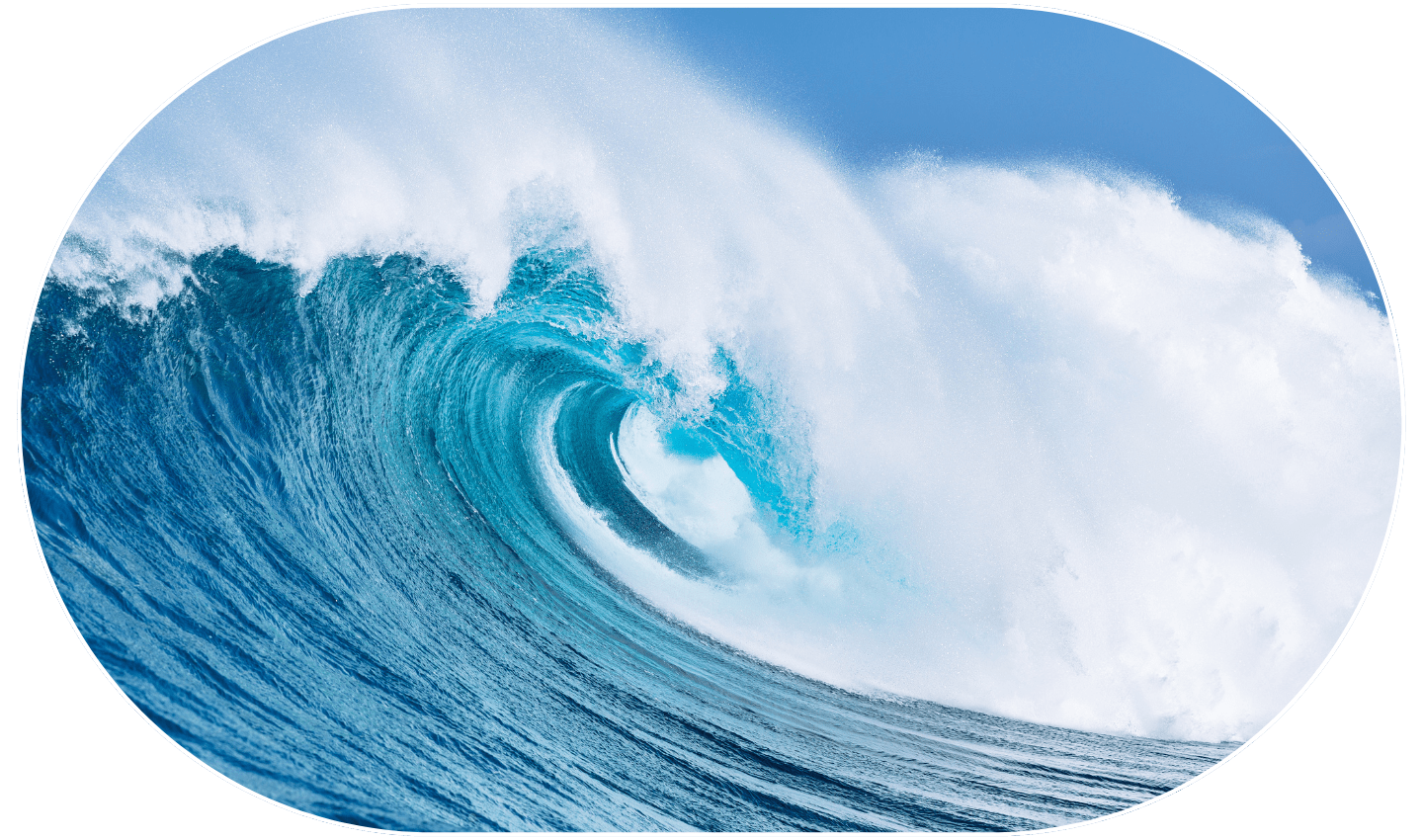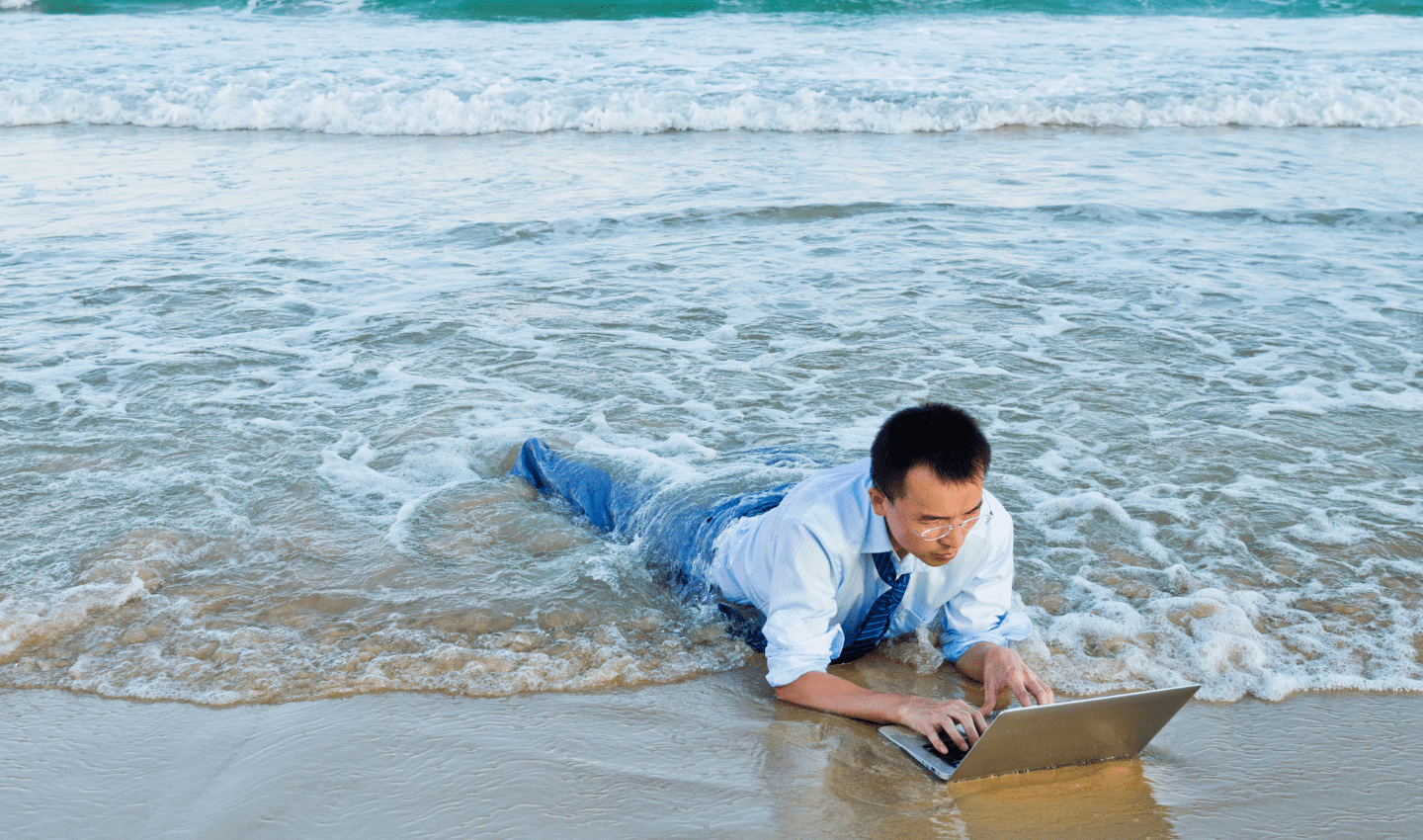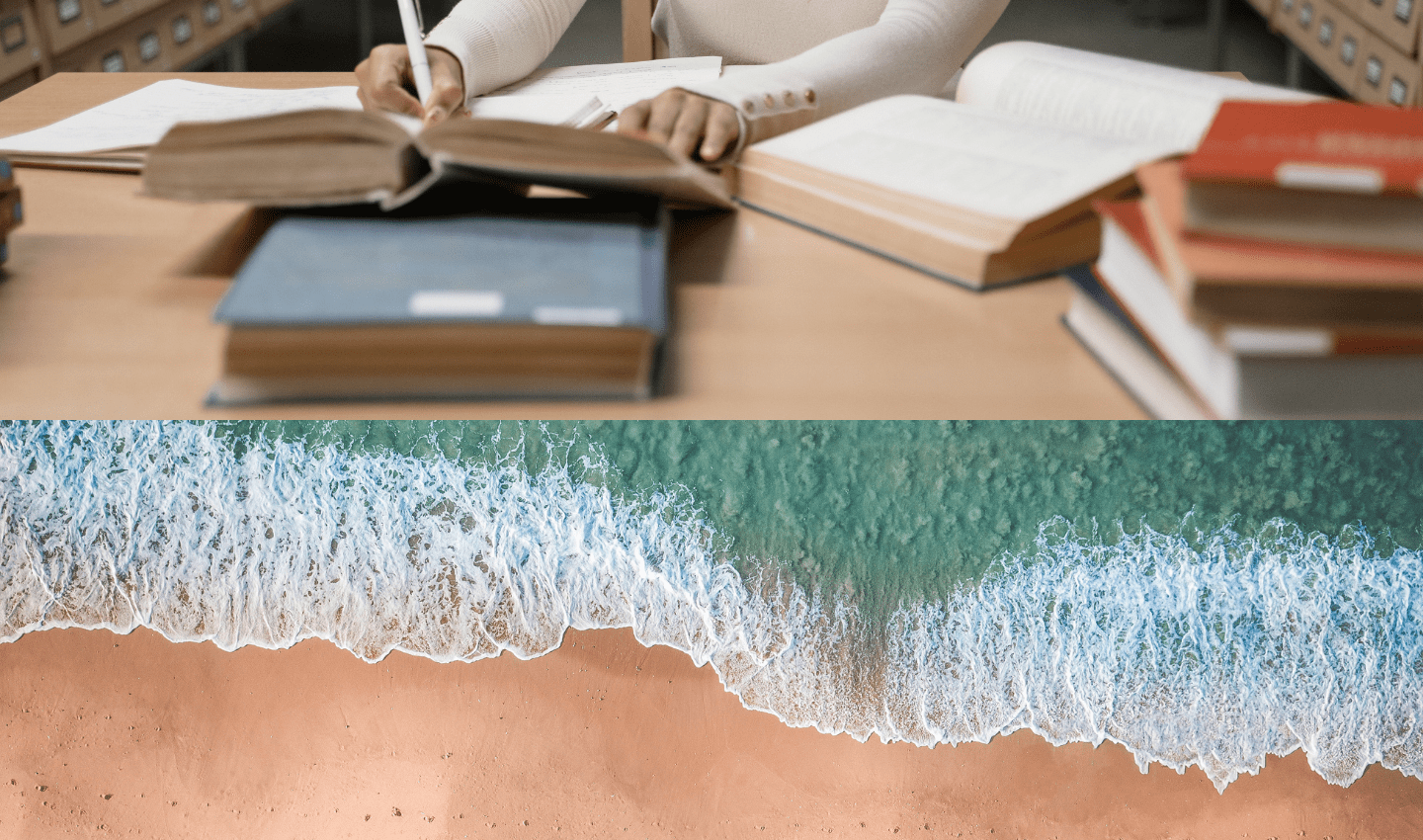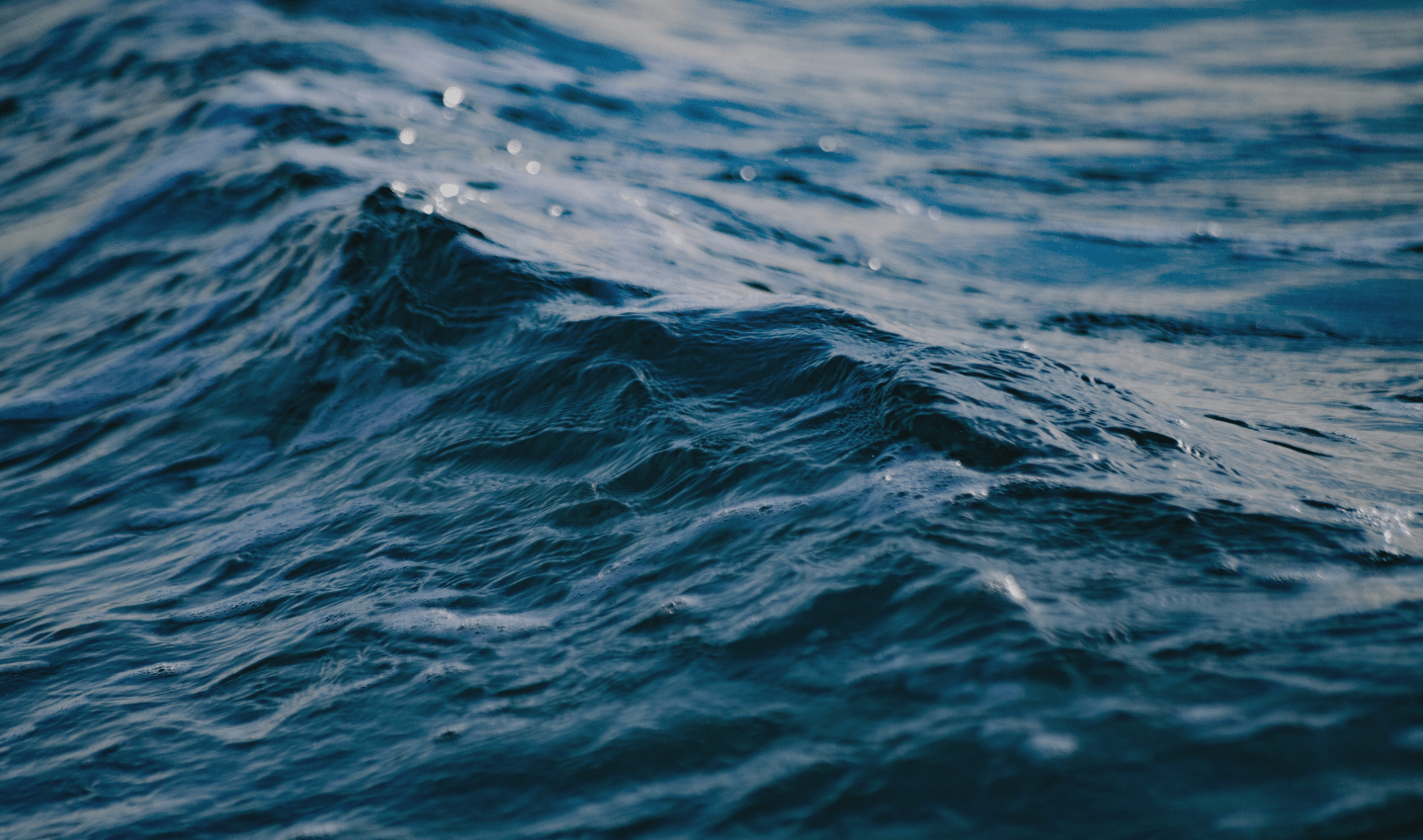We have position statements on:

It is these young people whose lives will be most impacted by today’s Ocean threats and with whom we seek to engage as a priority.
At Ocean Generation we aim to connect with people of every age. We also recognise that 42% of the global population are under the age of 25. That’s over 3 billion young people who are going to have to live most of their lives with the consequences of today’s environmental challenges and whose lives will be most impacted by today’s Ocean threats.
We seek to initially engage youth in the wonder of the Ocean and then progressively develop deeper knowledge and foster a sense of ownership. We ultimately aim to stimulate collective action and promote behaviour change.
In this way we see young people as the heart, or engine, of change. A movement of change that is led by the young through the whole population.

This mindset is enshrined into all our programmes and resources, with locally relevant solutions and actions for long-lasting impact.
As a global organisation, we are galvanising a movement of people around the world to take action to protect the Ocean – no matter where we live on this planet.
Although the Ocean is global, we recognise that solutions and actions need to be locally relevant to fit within different socio-economic, cultural, and environmental contexts. This is necessary to attain long-lasting impact.
This approach is enshrined into all our programmes and resources. We work with like-minded partners to adapt and deliver them in a locally relevant way so that everyone is included, can participate, and have their voices heard as part of a global conversation.
At Ocean Generation we agree.
That’s why we’re calling on a movement, global and inclusive because everyone has an interest in protecting the Ocean:
– We aim to bring people together from communities all over the world.
– We listen to and support those most impacted by Ocean threats.
– We respect and engage with local cultures, everywhere.
– We highlight the work of those who safeguard our Ocean.
– We engage with those who’ve not yet considered the Ocean as their concern.
– We encourage collective action that protects and nurtures the Ocean, our most precious natural resource.

Global threats require global solutions.
As an inclusive movement we will partner with any organisation which genuinely shares our commitment and passion for tackling Ocean threats and which aligns with our beliefs and values.

We rely on the amazing support of our commercial partners, big and small, to fund and enable most of our work.
We particularly seek companies who want to embed sustainable practices at the core of their business models and who are open to partner with us in their transformation. These commercial partners differ in where they are on their sustainability journey and we embrace that.
Some may be innovators in the field whose whole model is built around sustainability. While others may be in an era of transformation where they are in the process of changing their practices and bringing their entire value chain along with them.

We partner with a wide range of specialists to bring Ocean science to life.
Together we transform complex scientific research into engaging Ocean knowledge that people everywhere can relate to.
We work with a wide range of NGOs, scientists, and specialist agencies to enable behavioural change, globally.

We are building a network of like-minded NGO and youth partners with whom we can multiply the impact of our joint work.
Together our partnerships provide increasing scale and global reach and generate a shared pool of Ocean knowledge and Ocean content.
Our NGO partnerships enable us to project global scale without the cost and bureaucracy of building our own international structures.
That’s why we only work with partners who can demonstrate a genuine commitment to a sustainable future.
Restoring the balance of Ocean health is going to take more than a handful of companies ‘doing’ sustainability perfectly; we need millions of businesses worldwide to make the change now! We recognise this change is going to be imperfect, at least initially. That’s why we engage with business leaders who demonstrate to us a genuine desire to change whatever their starting point.
We recognise that greenwashing is a spectrum of actions. From companies who blatantly convey false impressions by providing false or misleading information, to those whose claims are unsubstantiated and deceive consumers by stating that their products or services are environmentally friendly.
There is a clear difference between an honest transformation programme and greenwashing. We can spot it and we address it with the organisation, and if necessary, we cut ties.

Rethinking and changing the way we consume food can reduce our impact on the environment. Most fish have a lower environmental footprint when compared to meats, which accounts for nearly 60% of greenhouse gas emissions from food production.
Apart from emissions, factors like land use, soil degradation, and water pollution also contribute to the environmental impacts of consuming meat and fish. As consumers, we should aim to minimise our overall intake while being mindful of the cultural relevance of meat and fish in some parts of the world.

We do not support the production and consumption of seafood that is caught via large-scale operations that engage in bottom trawling and bycatch. The carbon emissions from bottom trawling are equivalent to 2% of global emissions. This is comparable to the annual emissions of the global aviation industry. In addition to this, we must consider the injuries and deaths associated with such methods, including population decline and destruction of their habitats.
If we are going to consume and it is within our means, we could aim to look out for ethical and sustainably sourced produce, support local fisheries rather than imports, and rely on being aware of the current debates around what the optimal diet might be. What works for some may not work for others. But we do know the advantages of a nutritious and plant-centric diet. Apart from the impacts of the food source, buying loose produce rather than packaged, and effective means of disposal are all an important part of making better decisions for you and our Ocean.

Collectively our purchase and consumer habits have created an environmental disaster. Whether food waste, single use packaging, fast fashion, or unfixable electrical goods, we need an urgent rethink as a society. We need to stop mindlessly consuming our way through life. We need to start consuming based on what we actually need not just what we want.
We must build an awareness of the environmental consequences of our lifestyles and drive collective change. We must question every purchase we make through an environmental lens so that we engage in the most effective means of disposal. We have to conserve our resources as if they were finite… because they are!
We’re not content with the current state of our environment and we aim to restore the Ocean’s biodiversity and health.
At its basic level, sustainability is about creating a balance with the Ocean that enables marine ecosystems as we know them today to survive in perpetuity.
There are three obvious steps:
– The very least we can do is to limit our direct impact through better-informed actions. Sustainability means creating a balance between what we take from nature and what we give back.
– Restorative solutions allow for social and ecosystems to return to a healthy state and,
– Regenerative solutions create the capacity for nature to evolve sustainably without human intervention.
This means upskilling ourselves and enhancing our support infrastructures to create a net positive impact that regenerates our Ocean ecosystems and hence all life on Earth. Sustainability should be a natural stepping stone on the path to regeneration.
This Privacy Policy applies to information we collect from people who are aged 16 and over and covers the ways in which we may use that information.
This page sets out the terms and conditions for anyone who visits our website and highlights the appropriate use and access for anyone using our additional online offerings, products, and services.
We are actively working to increase the accessibility and usability of our website and in doing so adhere to many of the available standards and guidelines. Read about them here.
This policy sets out Ocean Generation’s approach to safeguarding, including the procedures for managing safeguarding concerns and allegations.